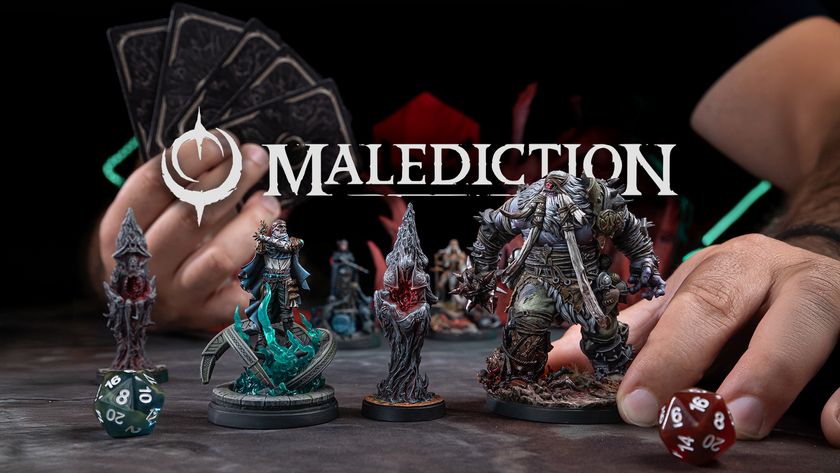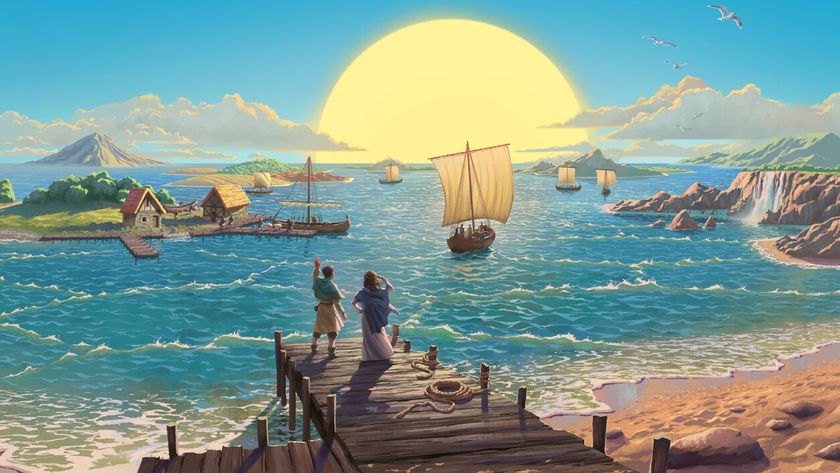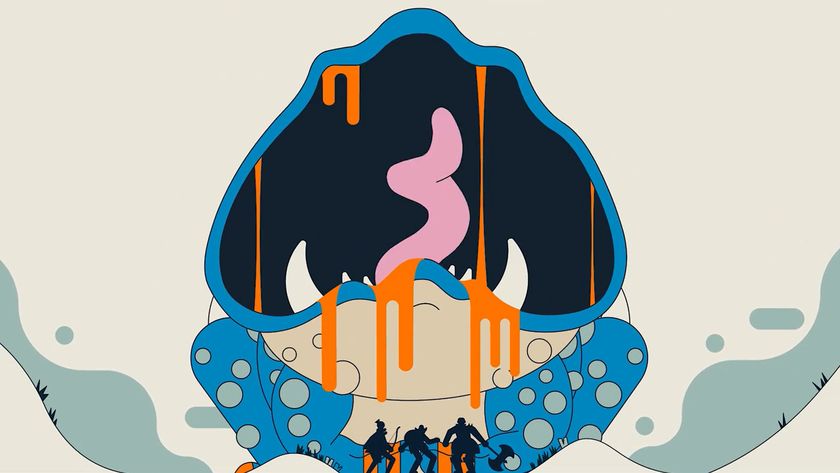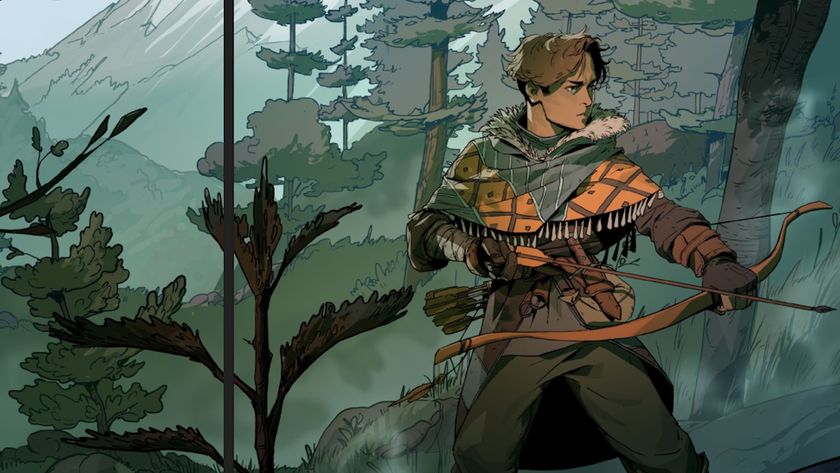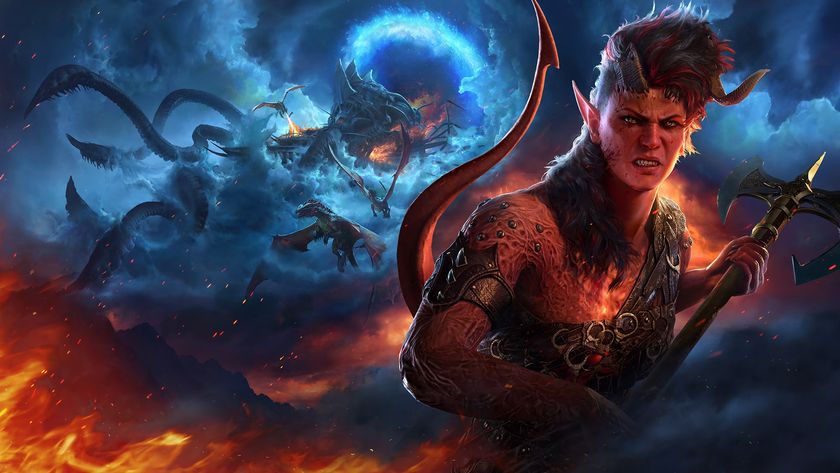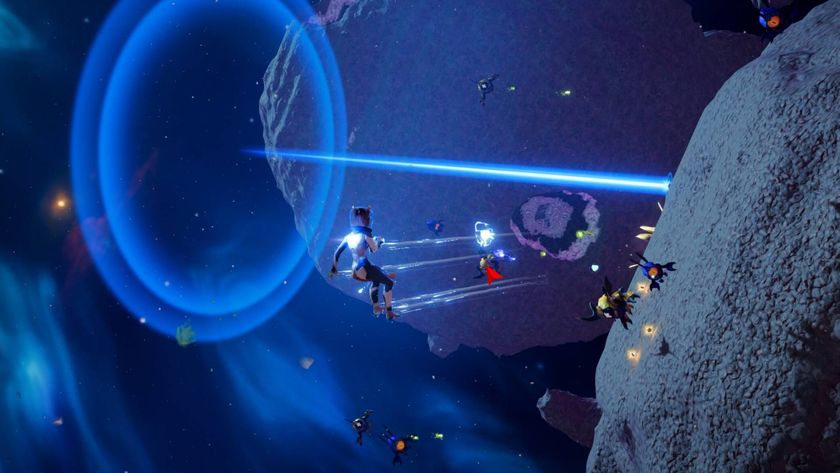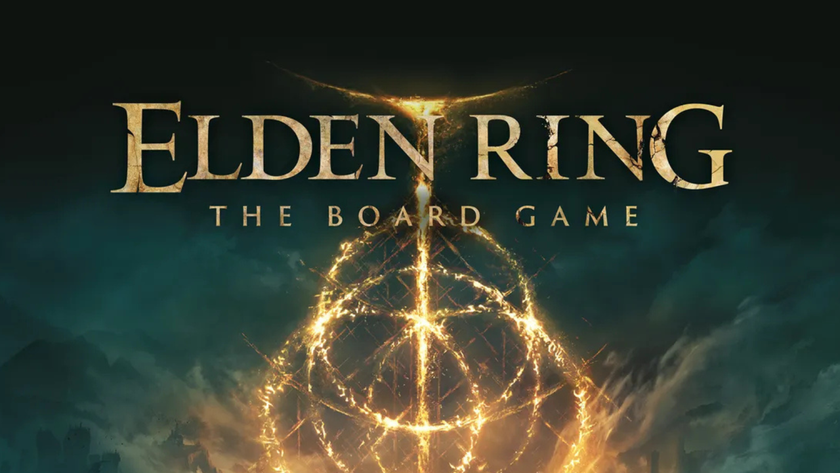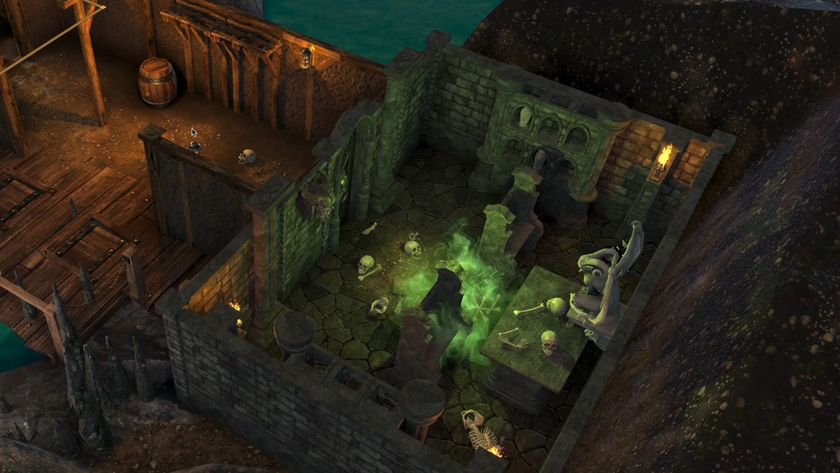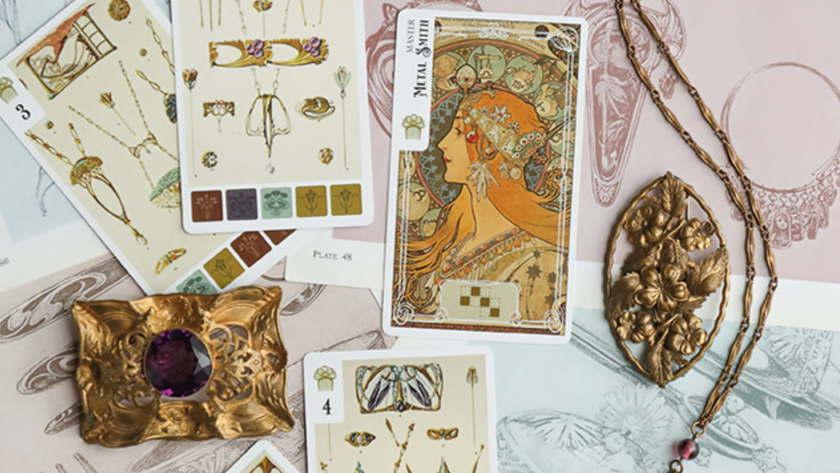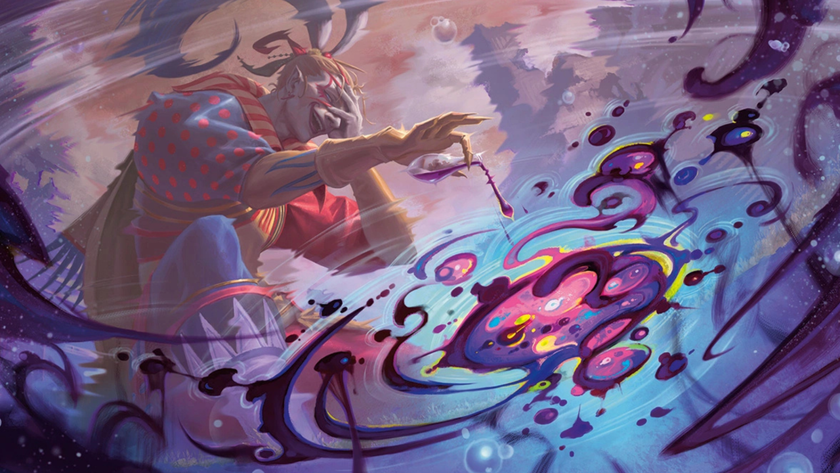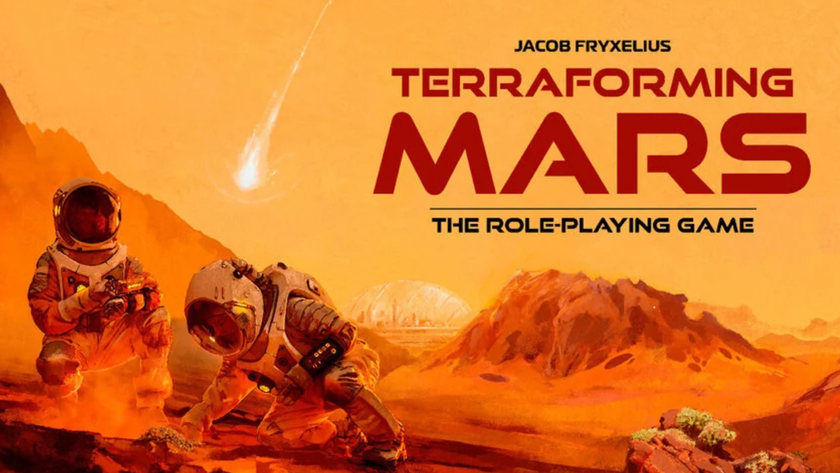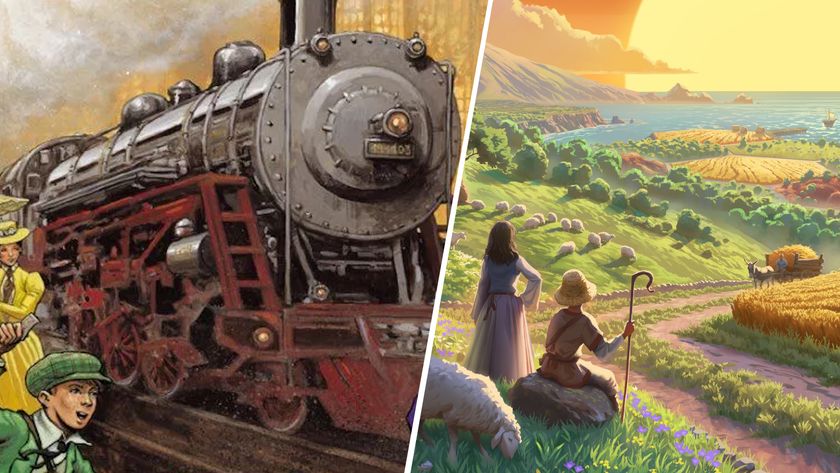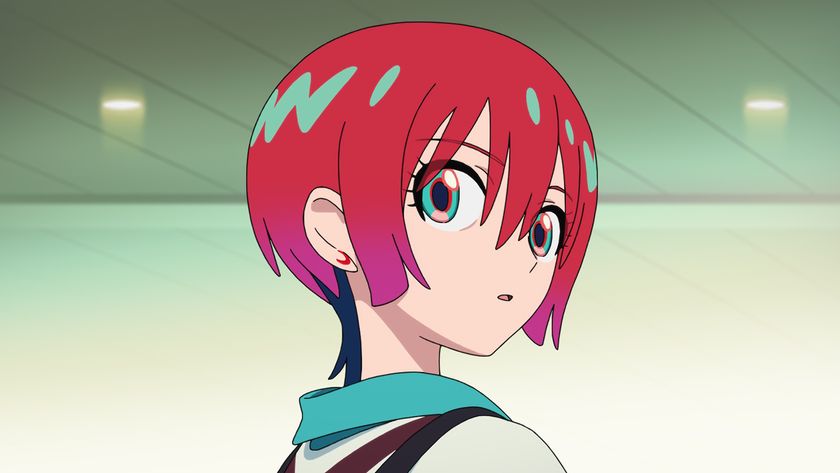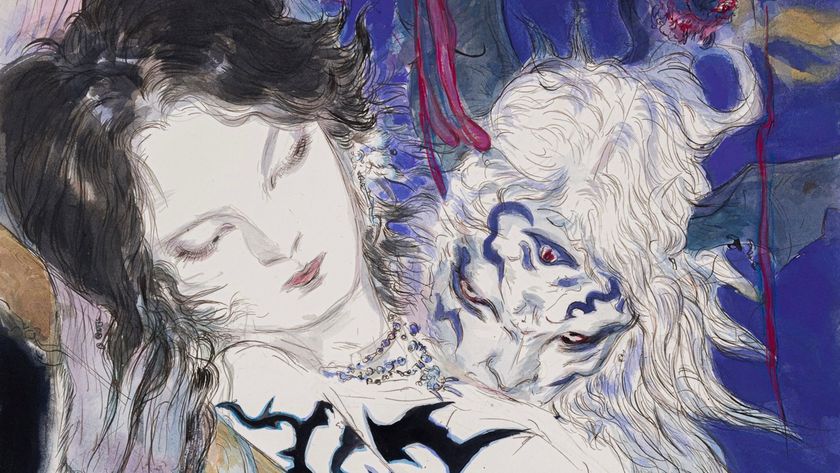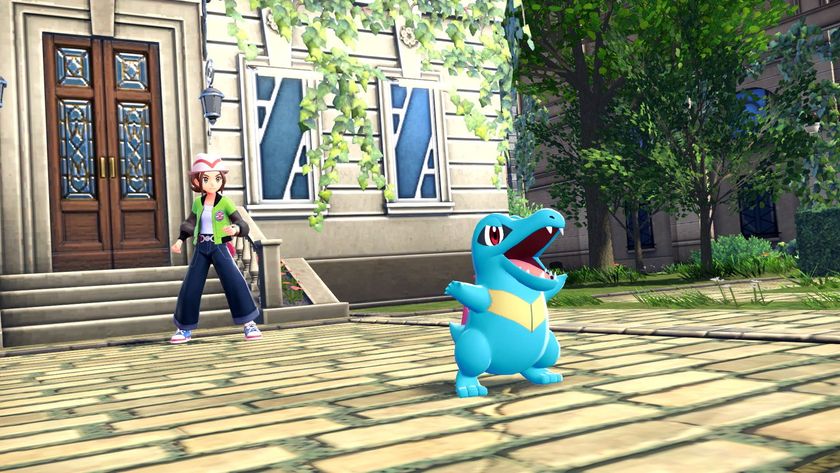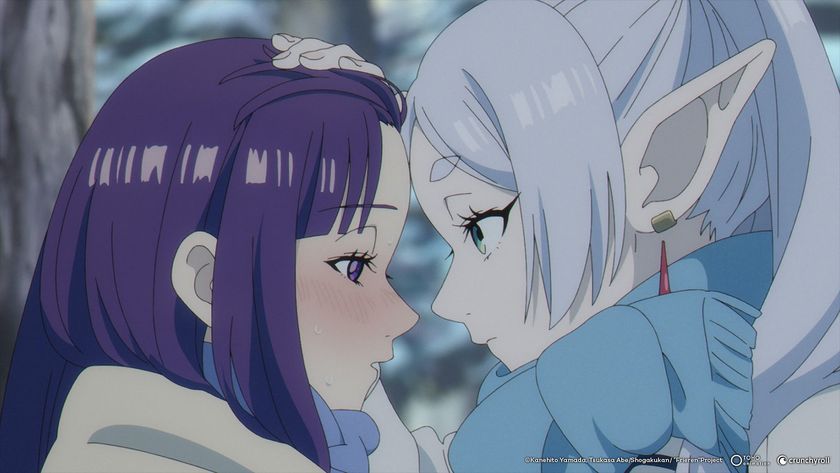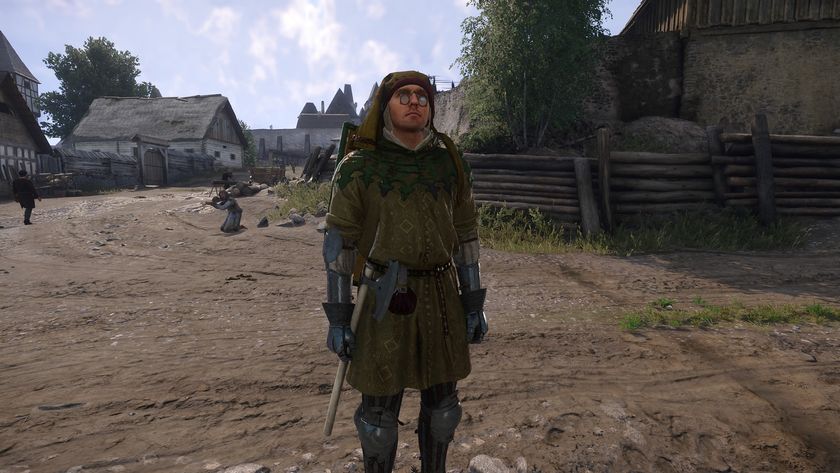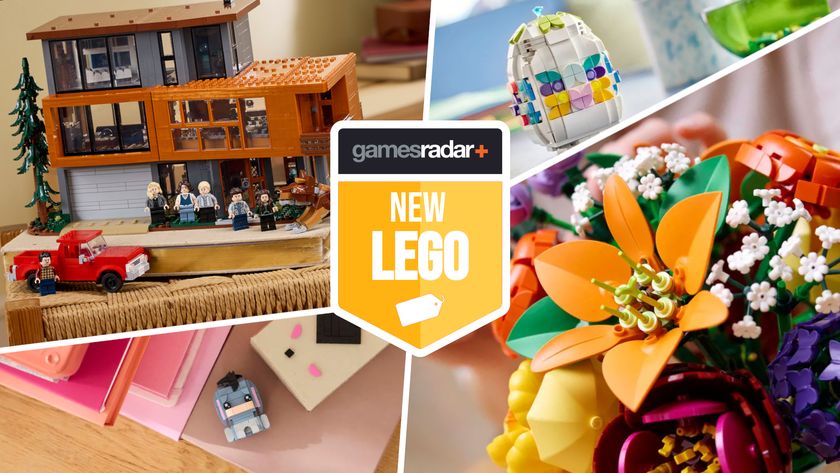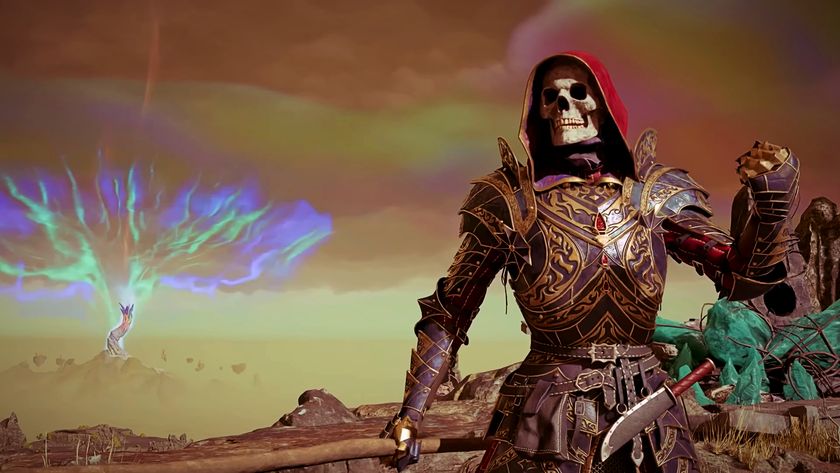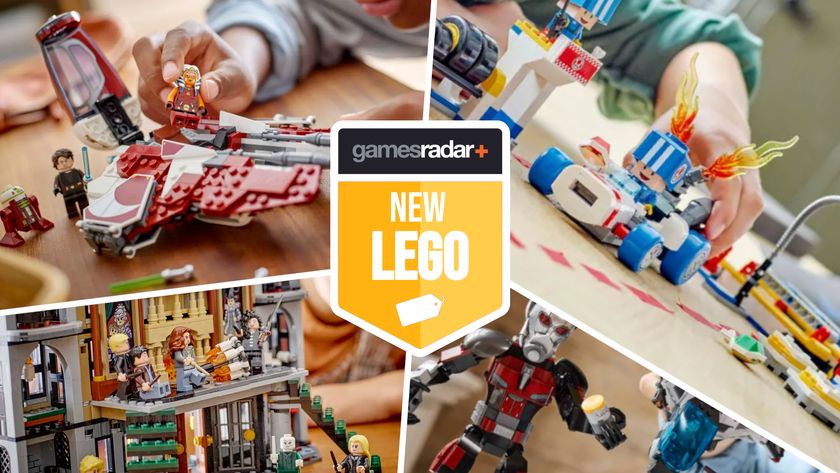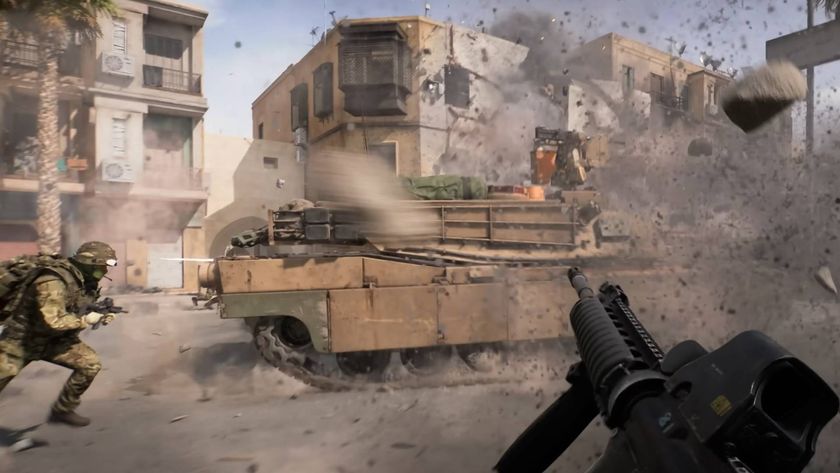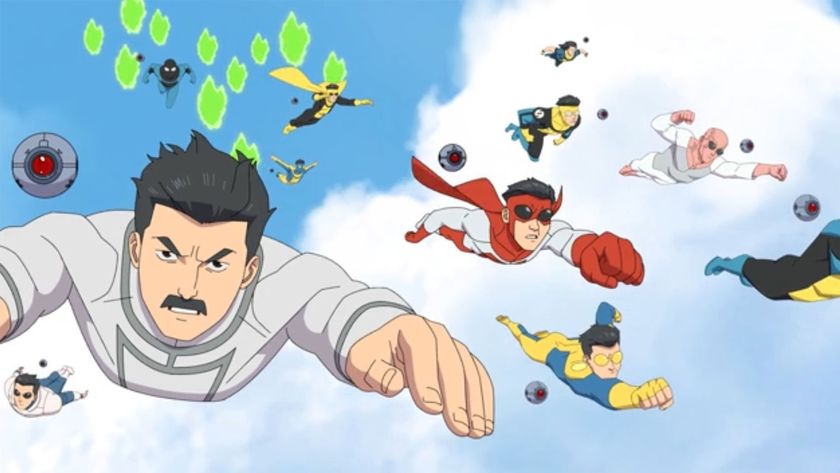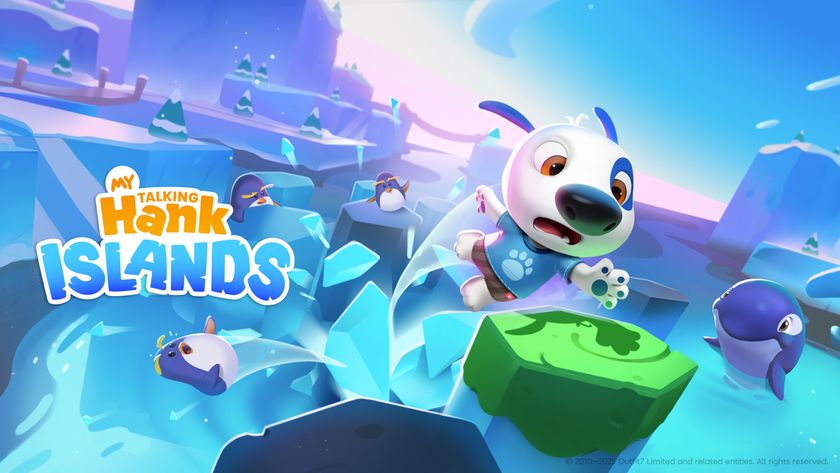The road to Frosthaven: how Isaac Childres conquered board games
We chat with the Frosthaven creator on Gloomhaven's sequel, and creating one of the most popular board games in the world
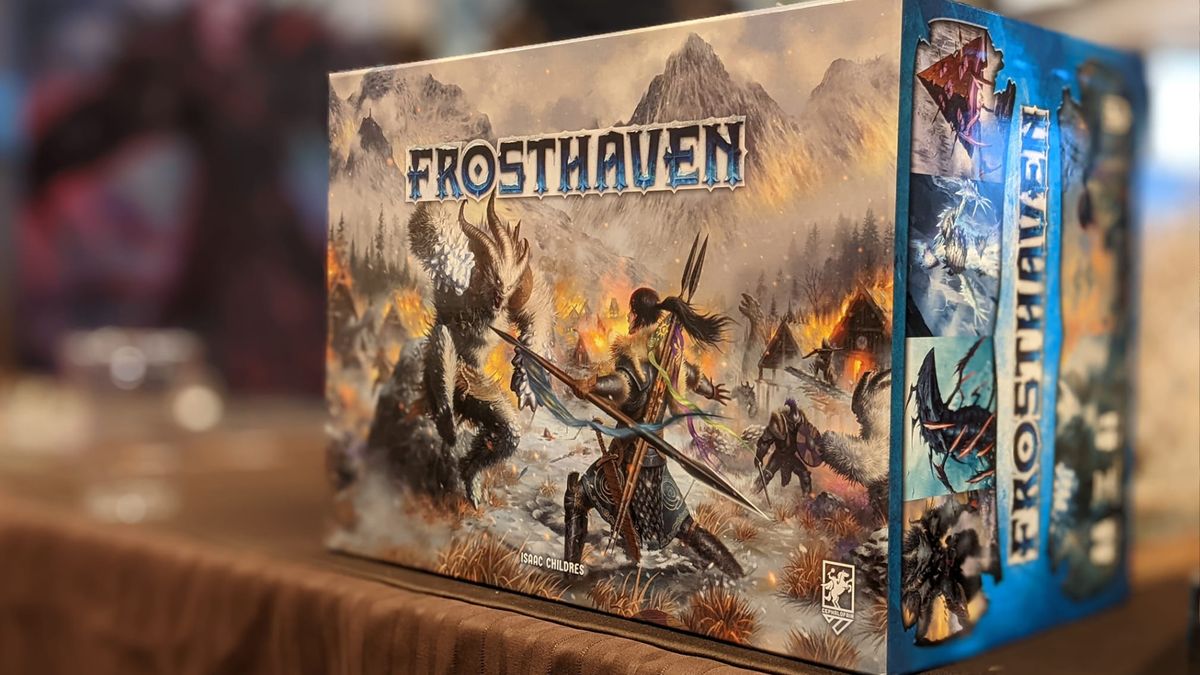
It's not exaggerating to say that Gloomhaven changed Isaac Childres' life. Having gone from relative obscurity to creating what is widely seen as one of the best board games, he's now responsible for the most successful gaming Kickstarter ever - Frosthaven. This ambitious fantasy adventure takes players to the very edge of civilization, and it promises to be even bigger than the breakout hit that made him one of the biggest names in tabletop.
But that isn't to say it's been easy. Talk to some and you'd think Childres' story is one of rags to riches; they make it sound as if he was catapulted from average gamer to industry heavyweight overnight. However, that's not true. If anything, it's more inspiring. I caught up with Childres to talk all things Frosthaven, and I was expecting a tour of how this Gloomhaven sequel blows the doors off everything that came before. What I didn't anticipate was such an open look behind the curtain at game development, and an honest discussion about the struggles of being thrust so suddenly into the big leagues.
Roll for inspiration
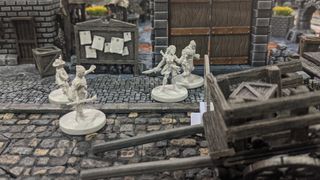
Roughly a decade ago, Childres faced a difficult choice: he could use his physics PHD to pursue a safe but potentially unfulfilling career in the sciences, or take a chance on games design.
You can probably guess what he decided.
He didn't fall into blockbuster success on his first try, though. While Gloomhaven kicked off Childres' career as a full-time games designer, years of hard graft and false-starts paved the way.
A lot of these RPGs, maybe you get spells and abilities, but fights become so tedious that you end up just doing, like, attack attack attack over and over
Isaac Childres
Gloomhaven wasn't his first dungeon-crawler, for instance. Childres had tried and failed to crack that puzzle long beforehand. Nor was it his first Kickstarter success; that honor goes to 2015's Forge War, a resource-management game where you're a blacksmith creating weapons for adventurers. If anything, Gloomhaven is defined by iteration. When I talked with Childres over a video call, he explained how the fantasy behemoth had been born out of everything from those early projects to frustrations with the Dungeons and Dragons books he grew up on. Namely, he was irritated by the randomness of it all.
"A lot of D&D just comes down to, 'oh, I swing my sword at it, and I roll this die to see whether I hit or not…' A lot of these RPGs, maybe you get spells and abilities, but fights become so tedious that you end up just doing, like, attack attack attack over and over until it dies. The system itself isn't encouraging you to explore whatever mechanics are there. So I decided what I really wanted to do is make a dungeon crawl, something that really brings player decisions to the forefront and allows people to really engage in the crunchiness of the system."
Sign up to the 12DOVE Newsletter
Weekly digests, tales from the communities you love, and more
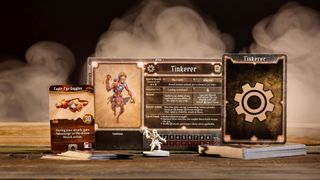
"I was super, super against randomness at that point," Childres says of his abandoned dungeon-crawler... but you can still see Gloomhaven crystalizing in its design. "I hated randomness, and didn't want any randomness in the game. [But] it kind of fell a little bit flat. There was the sense that you could map everything out. It's like, okay, this guy has 10 health points, and you can do four [damage], and I could do six, and we can kill him… So there's a lot of interesting things that eventually bled into Gloomhaven, but I put it aside because it just felt too mathy, too clinical. And the theme wasn't shining through at all."
This dedication to player agency has defined Childres' work ever since. Although that initial stab at a dungeon-crawler fell flat because players were able to reduce fights to simple math, it encouraged him to move away from number-crunching and into territory that very few of the best tabletop RPGs dare to tread - cards.
Specifically, he was inspired by the reality show Tabletop Deathmatch and a tongue-in-cheek Cold War game where two players battle atop a rocket, playing a pair of cards to fight each other and move the rocket toward or away from its target. This was the brainwave Childres needed.
"I started thinking that this could actually work as a dungeon crawl, where your top action is the attack action and the bottom action is move," he says. "So you're still moving and attacking each round, but because it's a card-based system, you have a lot of choices on how exactly to move and how exactly to attack. That really got me motivated to start working… and [Gloomhaven] came pretty quickly after that."
Building better
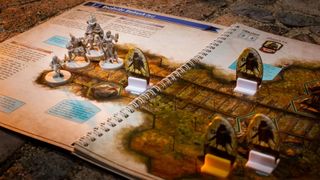
You probably know the rest. Gloomhaven proceeded to smash records after two hugely successful Kickstarter campaigns, becoming a runaway hit and securing its position at the top of critic recommendation lists for years running.
Even though a fantasy RPG where your choices matter might seem like a slam-dunk in retrospect, the success blindsided Childres.
"It ended up being more successful than I thought it would be," he says. "I expected the game to be liked by the people who had pledged for it, because they knew what they were getting into. But I felt like the game was a little too niche and very complicated in terms of dungeon-crawls - there's a lot of crunchiness there - so I thought it'd be a game I liked, but not necessarily a mass-market hit. So once it came out to all these rave reviews, it seemed like every person in the board game industry wanted a copy. It became much bigger than I anticipated, and we certainly didn't have enough copies to sell to everybody."
I was very stubborn for a long time thinking I could do it all myself. Looking back now, that was impossible. I needed to hire help
Isaac Childres
It was also a double-edged sword. Soon, big-name publishers like Asmodee came knocking to inquire about localizations. Other complications followed, giving Childres a lot more to juggle than expected.
"I don't know how to handle [that]," he says. "I'm just a person who made this board game! So dealing with those growing pains ended up taking a lot more time than I'd have liked, because I was very stubborn for a long time thinking I could do it all myself. Looking back now, that was impossible. I needed to hire help."
This was true in more ways than one. After a grueling development process (even though he hired a graphic designer and an artist, Childres handled everything else himself), it was clear something needed to change. Similarly, going it alone with Gloomhaven's scenarios had raised its own issues - namely, balancing. It's much harder to spot issues with just a single pair of eyes, after all.
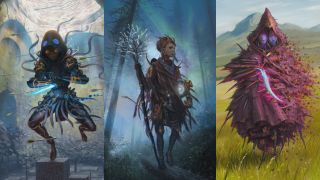
The world of Gloomhaven emerged later in the process. In fact, this is what led to its distinct species; he made lore to fit his mechanics rather than the other way around. The Savvas Cragheart is a good case in point. A hero with elemental powers got Childres thinking about "rock people who just kind of live in the mountains, and spend their entire time training and focusing all their energy into mastering these elements. And then I thought, what else could I do with the Savvas? What would be interesting is somebody who failed out of that. Like, wasn't up to snuff, in whatever respect their society deemed important. I thought it'd be kind of tragic [because] they're so obsessed with this power."
"I spent years just reading forums, reading Reddit. What do people have problems with? How can I improve on those things? I don't think it's any big secret that Gloomhaven could have been balanced better. I think there are overpowered classes, and there are some classes that don't perform well, especially at higher levels, and there are scenarios that are way too easy, some scenarios that are way too hard. For me, it was like, 'if we make Frosthaven, we want to just make sure that everything is much more balanced.' And so we did a lot more playtesting - [we] brought in dedicated developers, people from the Gloomhaven community, who stood out as very adept at finessing those numbers to make things more balanced."
A focus on writing also became a priority for Childres and his growing team. He describes Gloomhaven's plot as "a little tropey" and feels that it could have been fleshed out more - during our conversation, he describes it as a missed opportunity more than once. As such, drafting in professional writers to build upon "the bones of a story" he created sat at the top of his agenda ahead of Frosthaven.
Leaning on cultural consultants was high on the agenda when the game entered development as well.
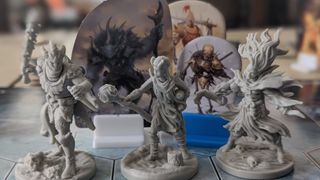
"Another important thing was dealing with some of the icky cultural stuff that I inadvertently put into Gloomhaven, just because I was kind of ignorant on a lot of that stuff at the time," he says. "Going back with Frosthaven, hiring a cultural consultant and making sure all these cultures that were presented felt fleshed out and lived in, and their own unique thing, as opposed to being lazy mirrors of real world cultures that were also reinforcing real-world stereotypes in a not-productive way, was important."
What followed was a rapidly-expanding world. Along with a more beginner-friendly entry point to the franchise via Gloomhaven: Jaws of the Lion, Childres and co are in the process of developing a full-fledged Gloomhaven tabletop roleplaying game. This will use card combat to "minimize randomness", and because it's cross-compatible with the board game series, there's the potential for it to stand out as much as the original Gloomhaven did.
Nevertheless, it's clear that Childres hasn't forgotten his roots. When I ask him about Frosthaven and his other projects, there's still a vague sense of disbelief that people actually want to play his game. And that's what is so appealing about Childres' work - rather than financial success or franchise-building, it's so clearly about creating something folks like him will enjoy. Indeed, his favorite part of the journey has been "being part of this community and meeting all these interesting, intelligent people, going to conventions and getting to hang out with them and just play board games with them… That's been great.
It's also really rewarding [to have] people tell you that your game changed their life during the pandemic, that's what got them through the pandemic… That's really empowering. Knowing that you're bringing fun and bringing good and bringing happiness into people's lives is really, really cool."
For some recommendations on what to play ahead of Frosthaven hitting shelves, be sure to drop in on our guide to the top board games for adults, these must-have cooperative board games, or the ultimate board games for 2 players.

I've been writing about games in one form or another since 2012, and now manage 12DOVE's tabletop gaming and toy coverage. You'll find my grubby paws on everything from board game reviews to the latest Lego news.
